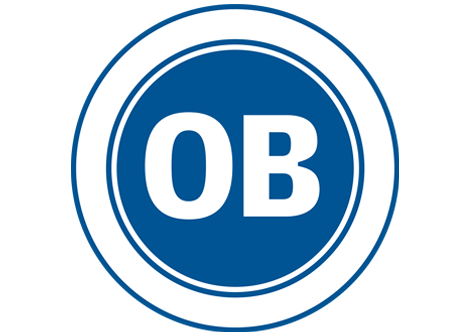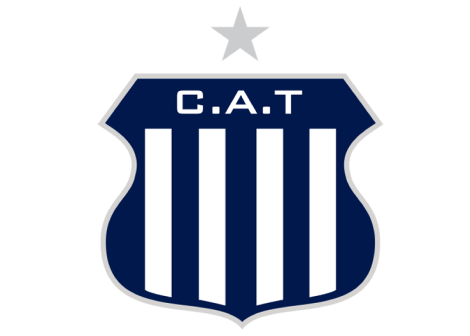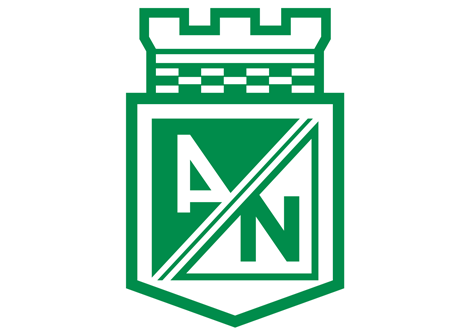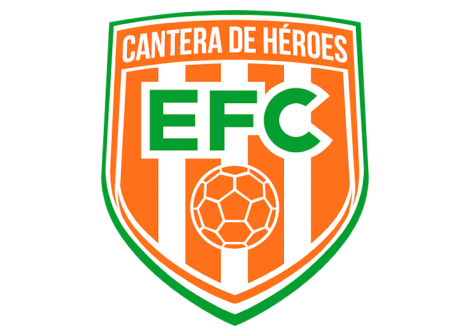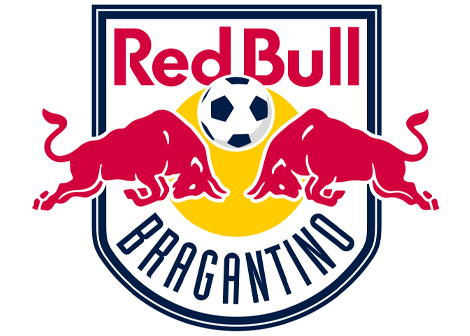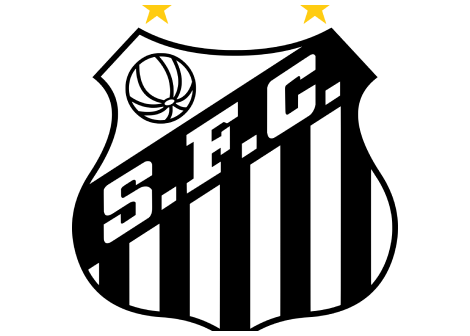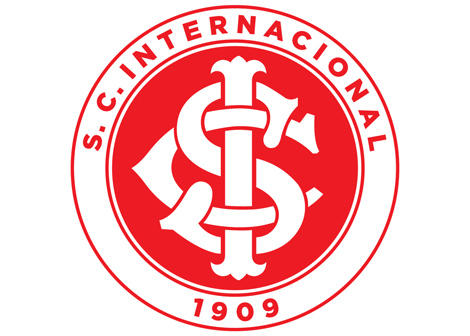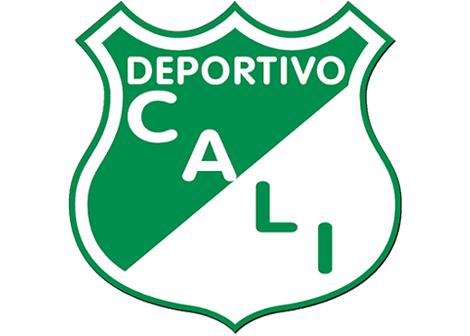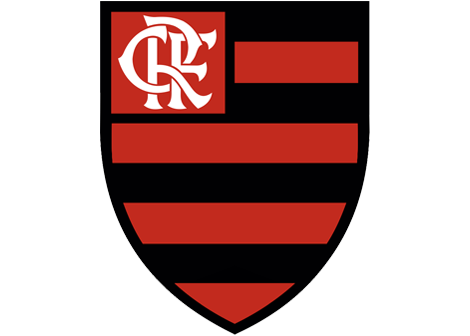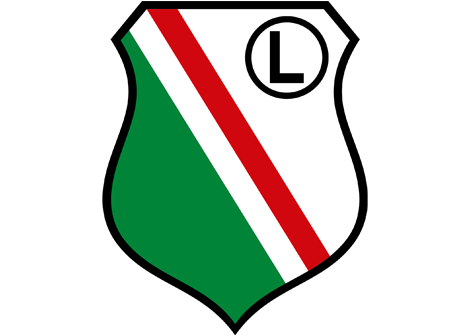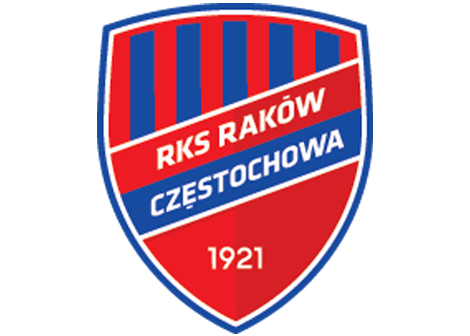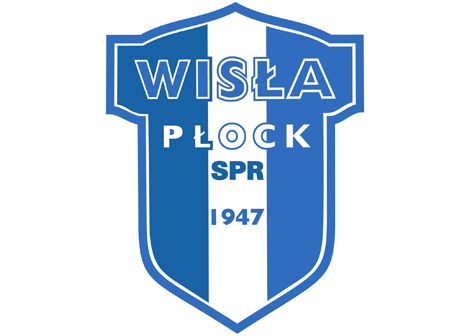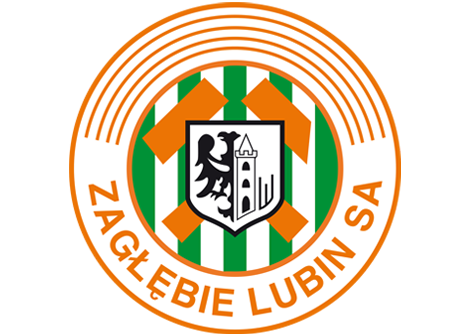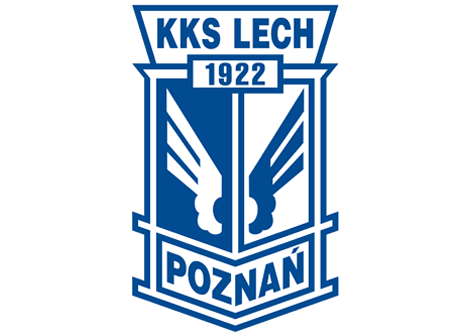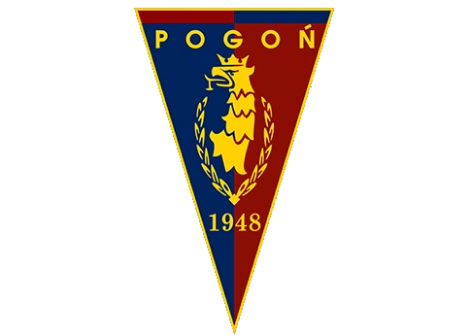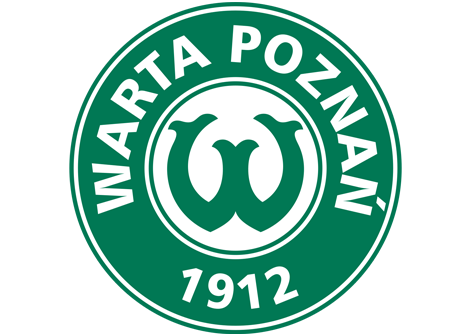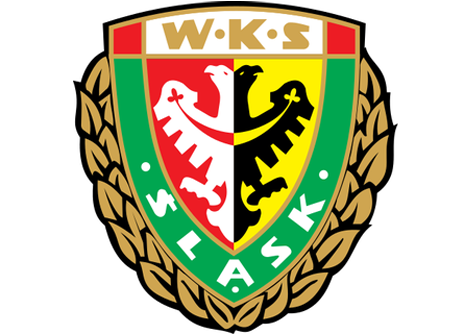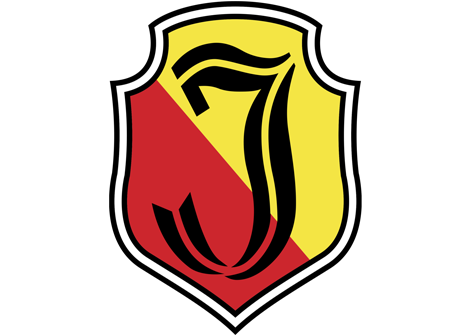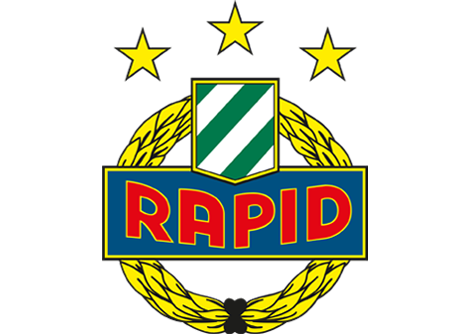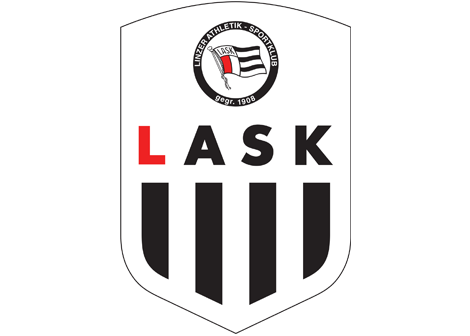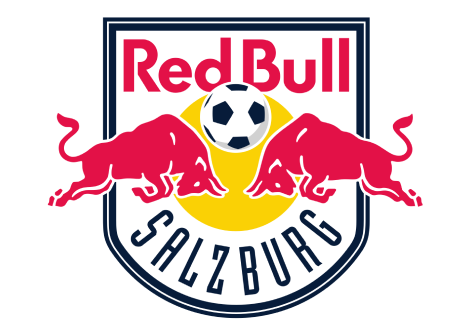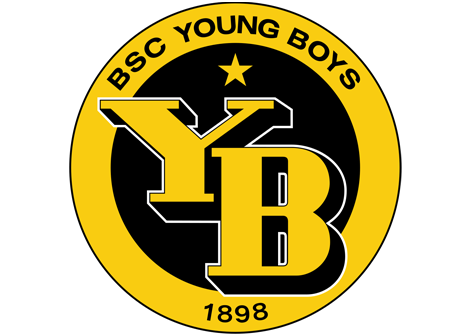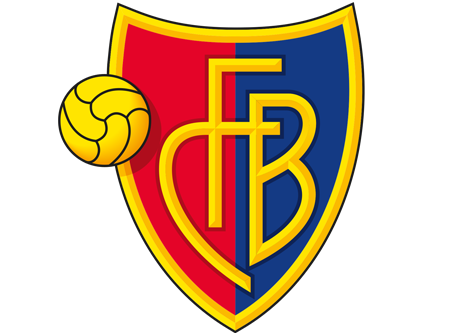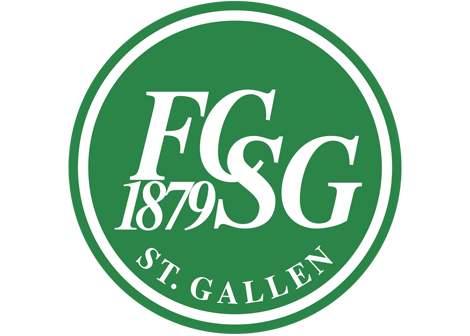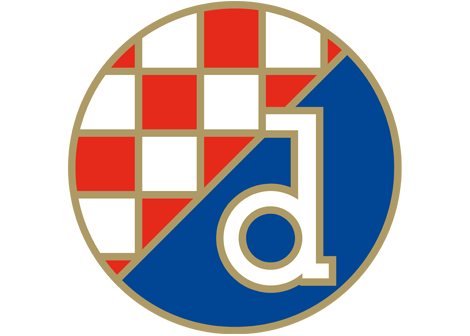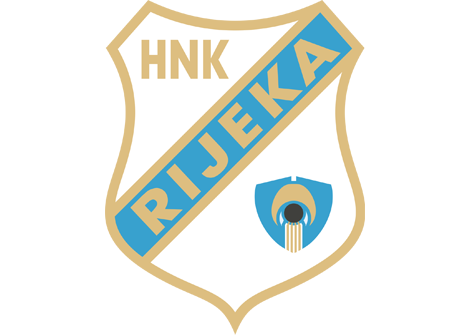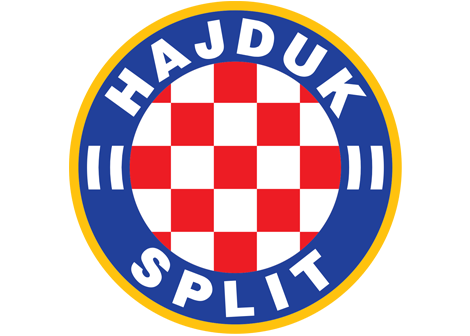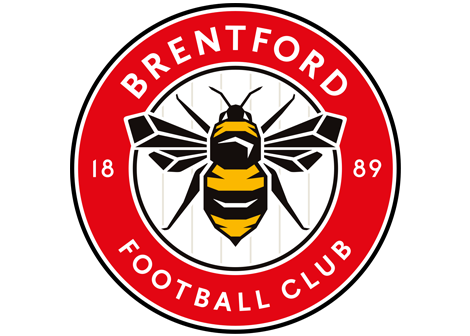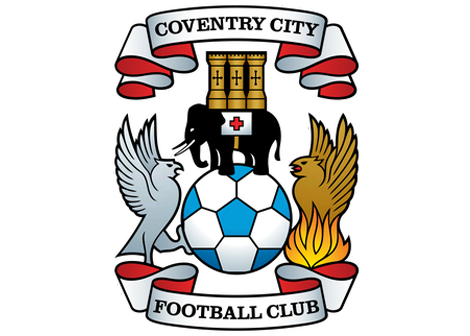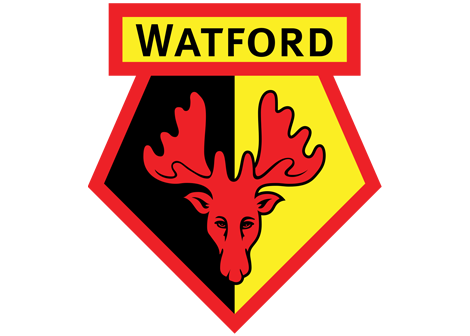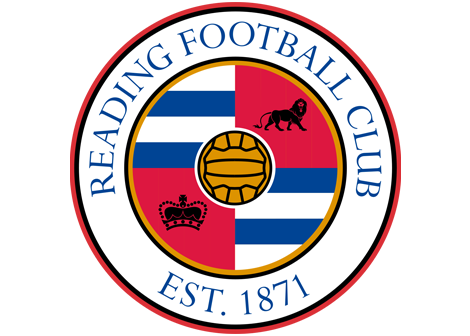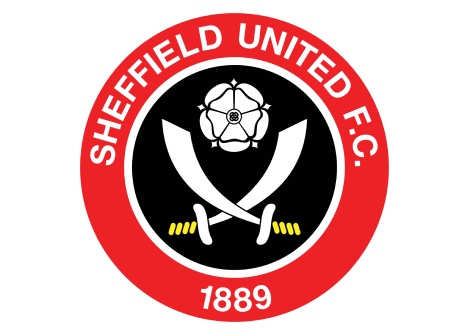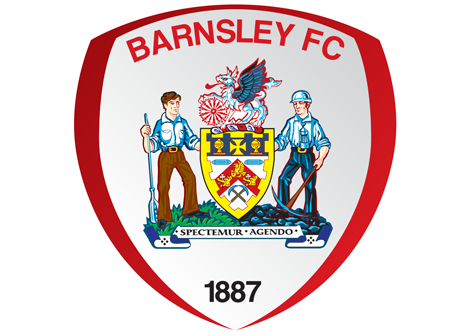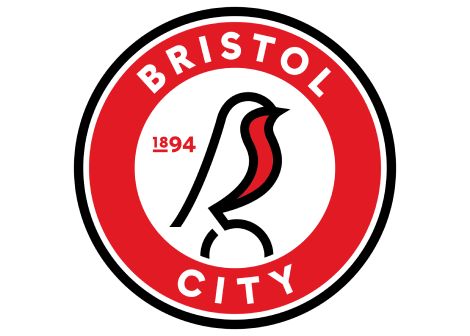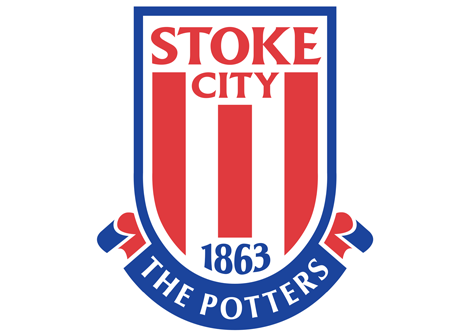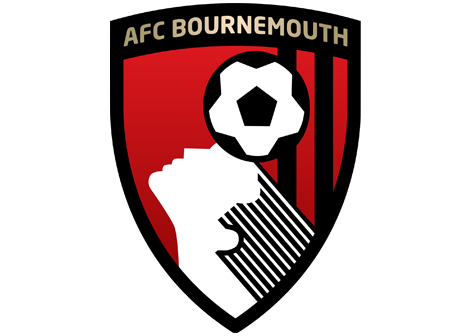Are you more likely to be successful in moves for your players in a big, booming player representation agency or a small, independent company? TransferRoom spoke to agents from both sides on the challenges and opportunities.
It is a big investment. It’s expensive at the beginning to travel to meet the clubs. The clubs don’t respect you much because they think you’re a small agent and don’t have enough players to introduce. When you start proving that you have good players and can start doing big deals, the market changes a lot. But it is a real challenge.
Mergers and acquisitions have been increasing in the player representation space over the last few years, with seven of the 10 largest deals having been done within the last decade.
In July 2020 CAA Sports bought the London-headquartered Base Soccer Agency and three months later ICM bought Jonathan Barnett's Stellar Group, in doing so creating ICM Stellar Sports.
A year later CAA took another major leap into European football, agreeing a deal to acquire ICM Partners, and towards the end of 2021 two of the largest independent agencies, the UK’s Unique Sports Management and Germany’s International Sports Management, merged to form Unique Sports Group.
A number of smaller, independent agencies have emerged along the way, either former footballers who have set up their own successful shops, like Mikkel Beck’s Beckster International and Full Potential, the Swedish outfit run by Markus Rosenberg and Petter Andersson, or those who have left large organisations to start their own businesses, such as Refuel Performance Management’s Sam Winstanley (ex-Beswicks Sports) or Un1que Football’s Nick Arcuri (ex Base).
Arcuri (pictured at the TransferRoom Madrid Summit), who now operates one of the biggest agencies in Brazil, told TransferRoom: “It is a big investment. It’s expensive at the beginning to travel to meet the clubs. The clubs don’t respect you much because they think you’re a small agent and don’t have enough players to introduce. When you start proving that you have good players and can start doing big deals, the market changes a lot. But it is a real challenge.”
Here, we look at some of the pros and cons of both organisations.
Big agency
Pros:
- Huge network: lean on colleagues to open doors to clubs worldwide
- Pedigree: easier to retain players and attract new ones
- Greater recognition in the market
- Get things done: more staff = more resources = more influence
- Full offering - a network of partners in the fields of legal, taxation etc to offer a one-stop shop for all players’ needs
Cons:
- Time constraints: less face-to-face opportunities with clients
- Focus only on players in vogue: those down pecking order may suffer
- Client and agency’s interests may not be aligned
- Potential confusion over who represents each player
- Harder to make a name for yourself in a big organisation
Independent
Pros:
- Speed: smaller teams mean faster turnaround times
- Personal touch: more communication with a player and more involved in his development pathway
- More authentic: Prove to families you care about the player
- Focus on specific markets where you see talent opportunities
- Clear distinction over who you’re representing
Cons:
- Big initial start up costs and outlay on travel and accommodation
- Smaller contact database, meaning you may have to use intermediaries to open doors and therefore share commissions
- Takes time (and money) to prove your credibility
- Career success is linked to a few players
- Challenge to attract and retain clients from bigger agencies with bigger budgets
Book an intro call
Trusted by decision makers from 800+ clubs worldwide
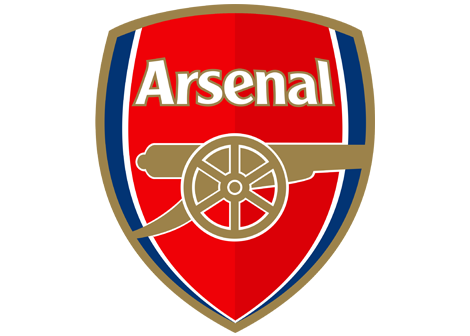
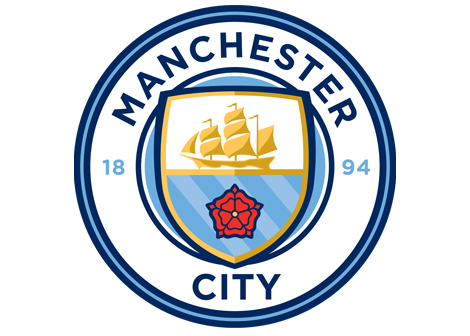
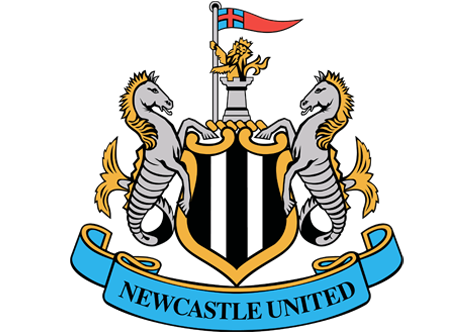
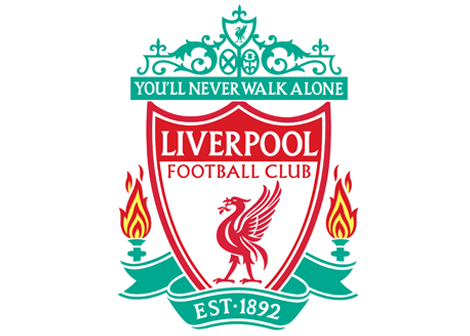
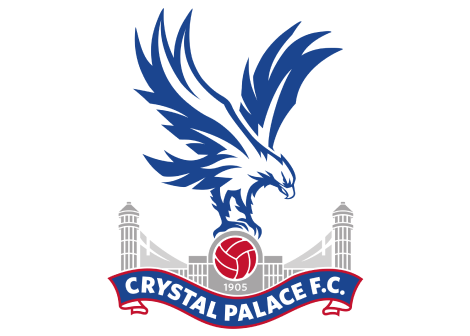
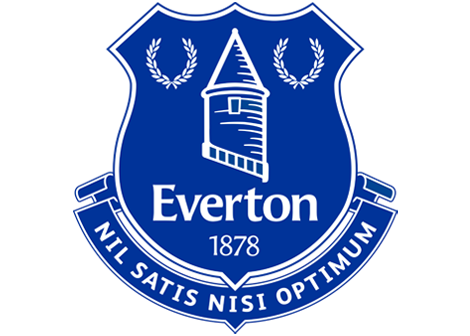
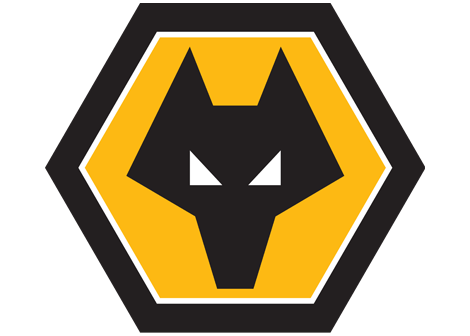
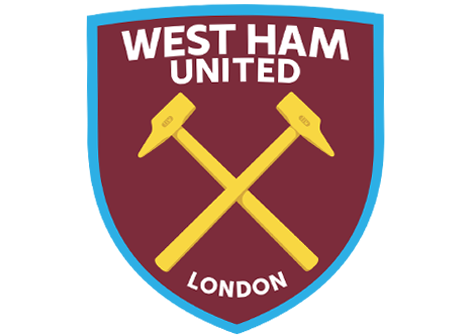
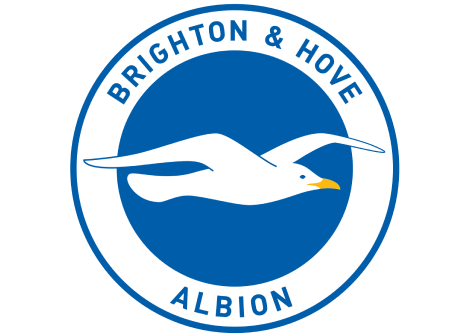
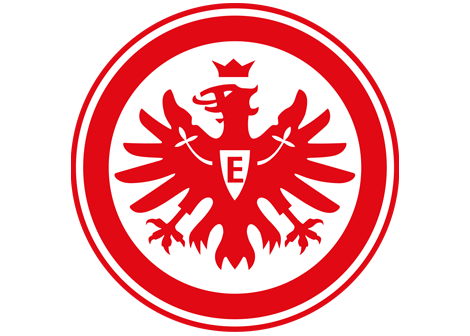
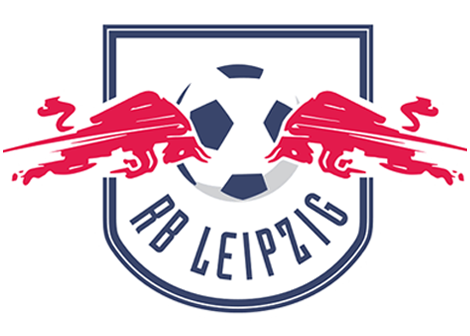
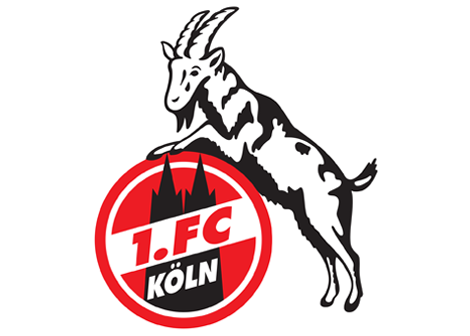
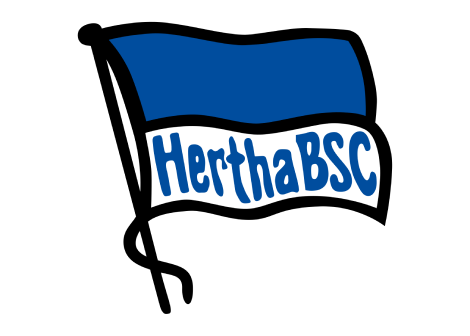
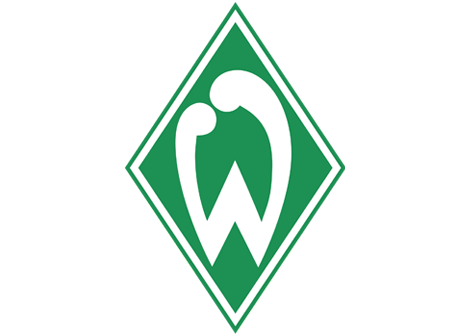
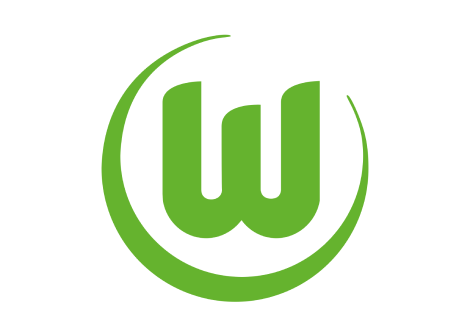
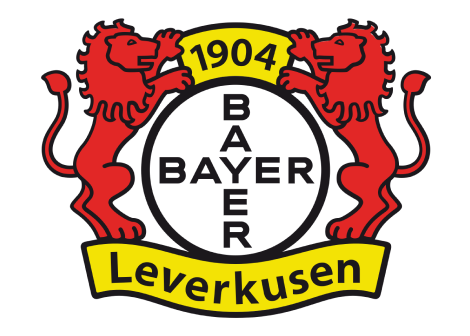
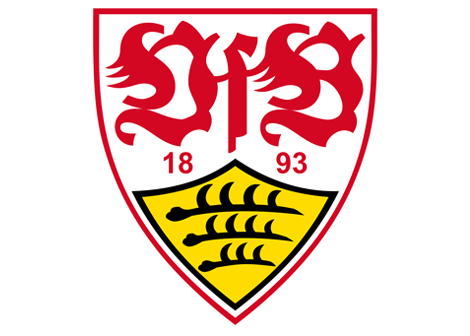
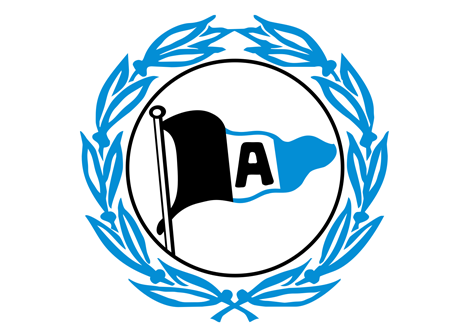
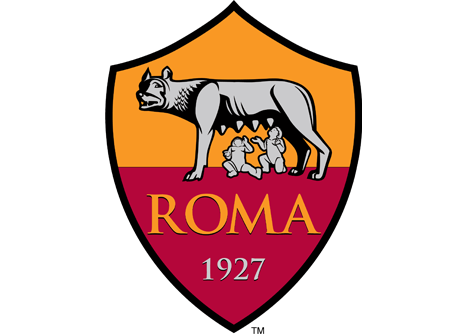
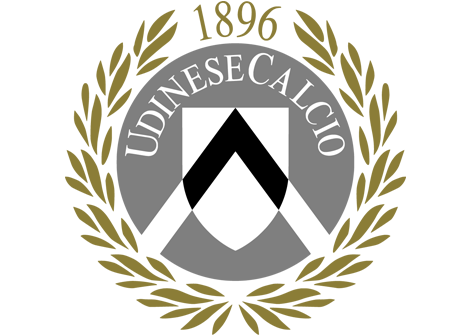
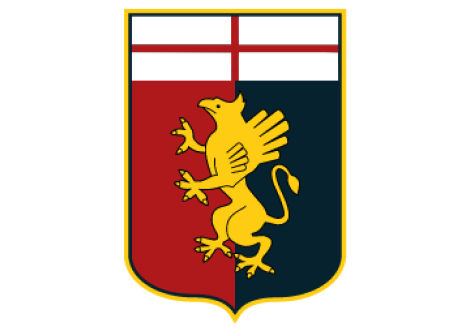
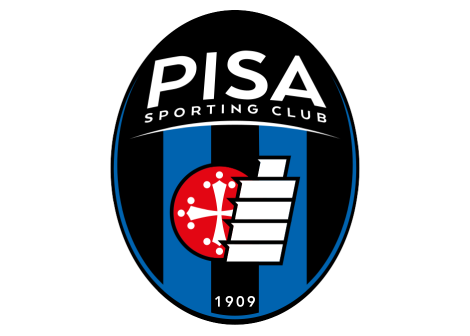

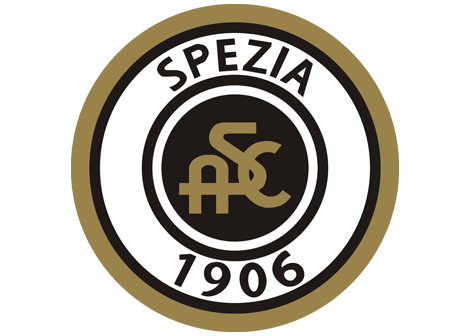
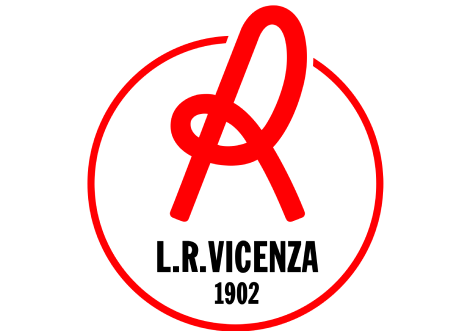
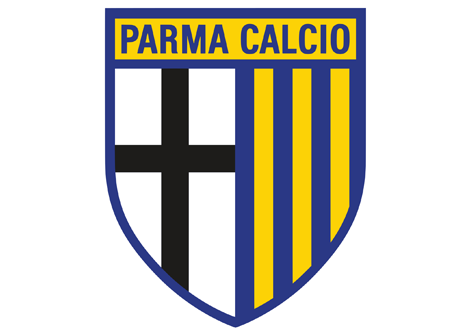
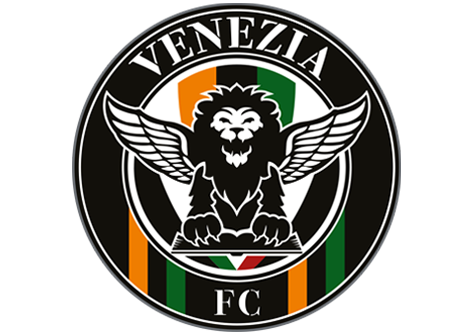
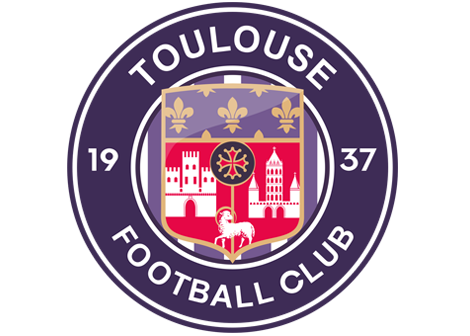
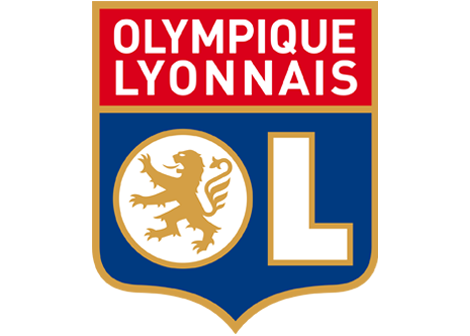
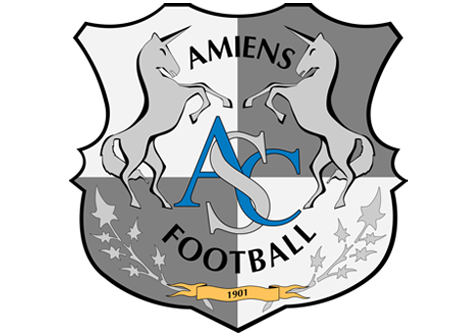
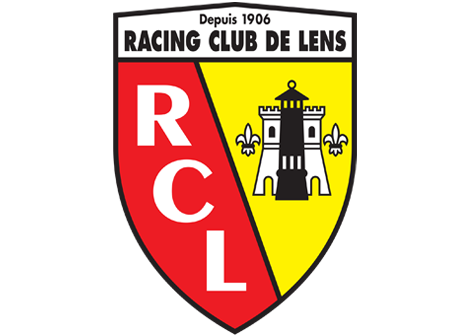
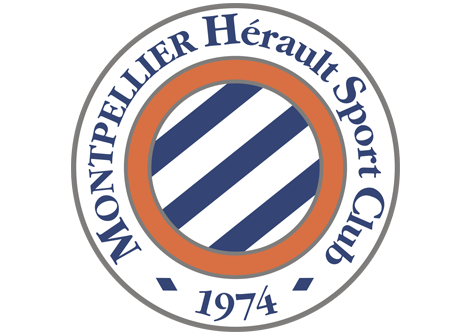
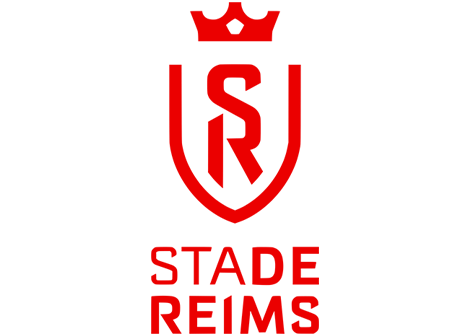
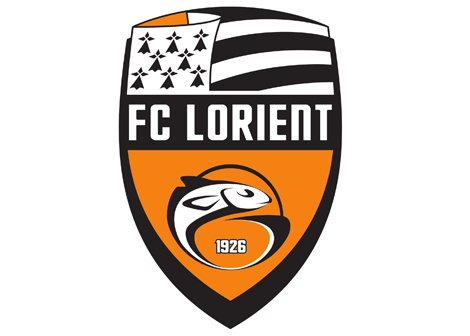
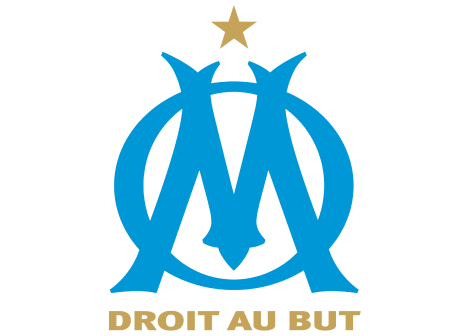
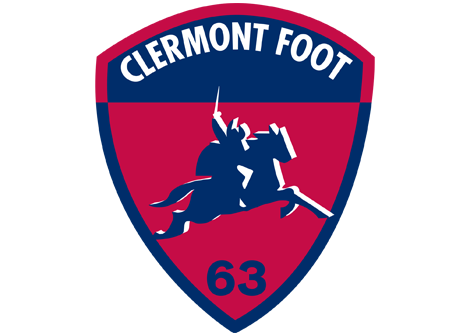
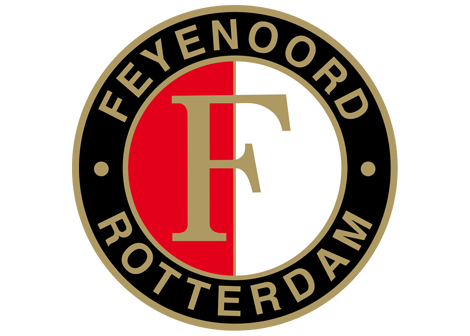
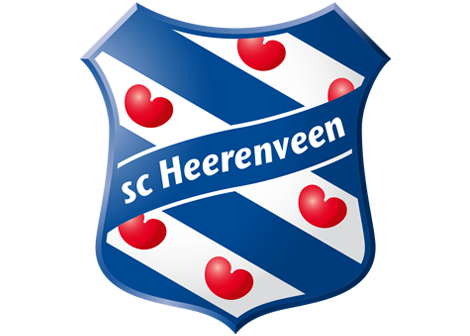
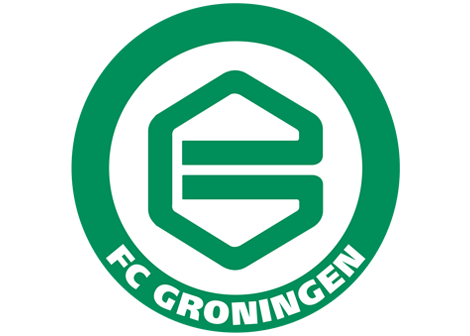
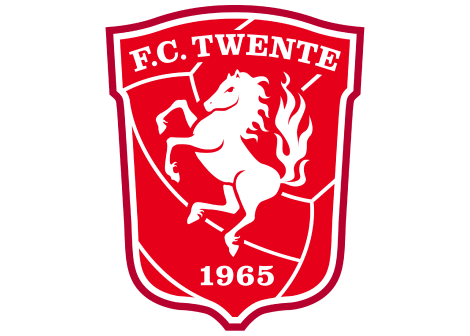
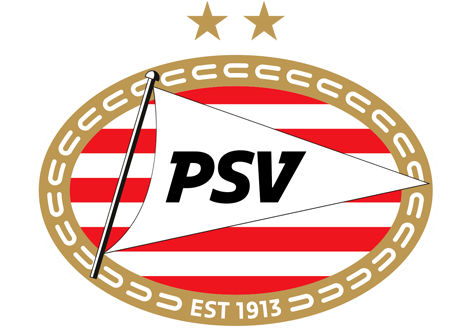
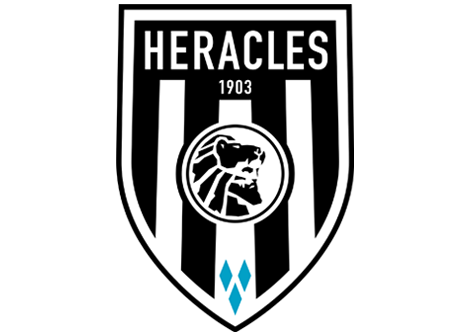
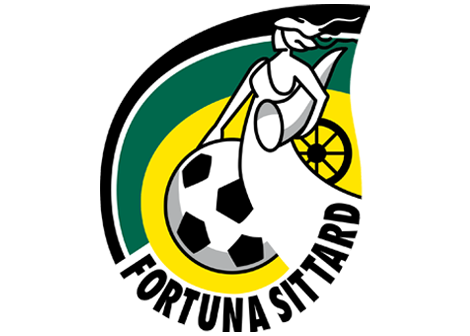
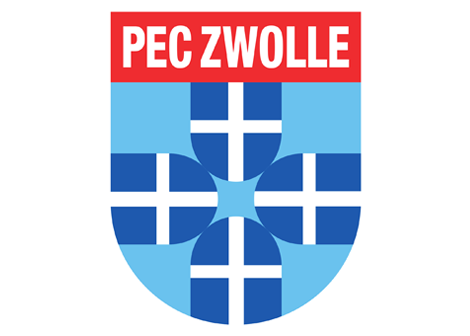
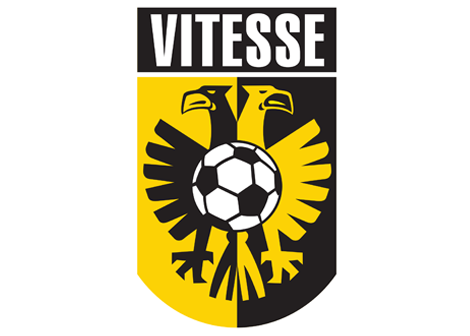
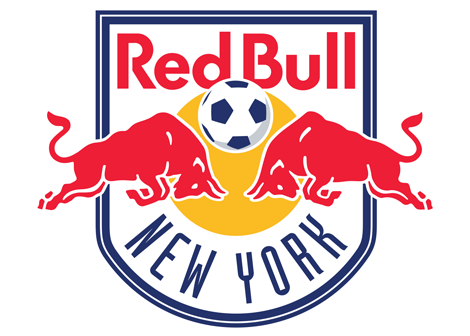
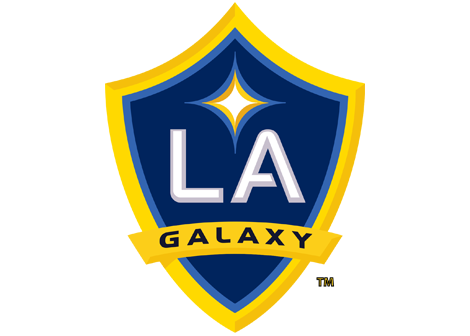
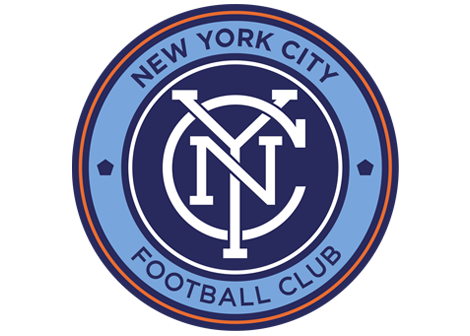
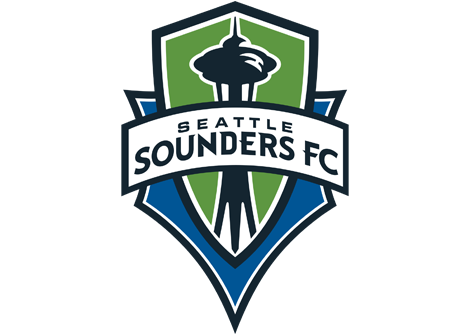
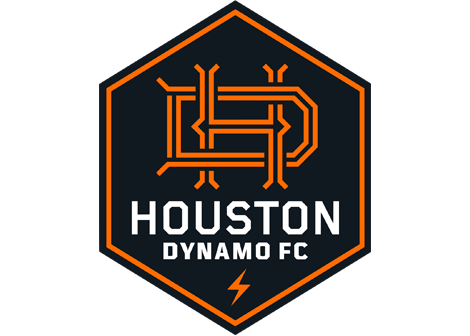
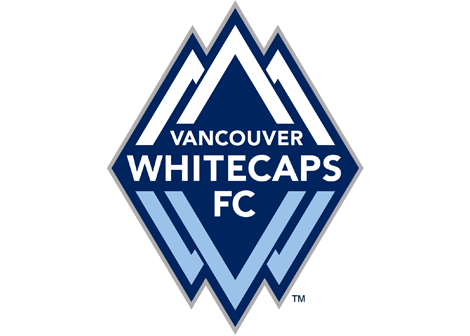
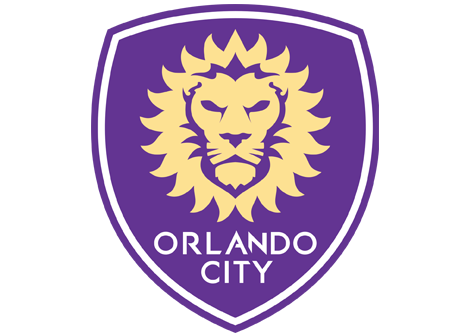
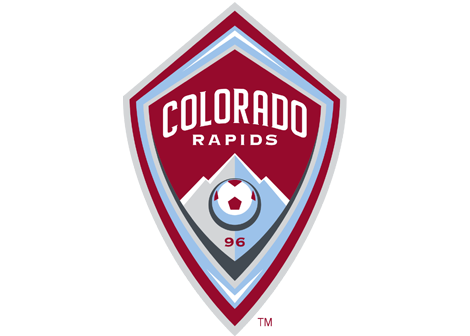
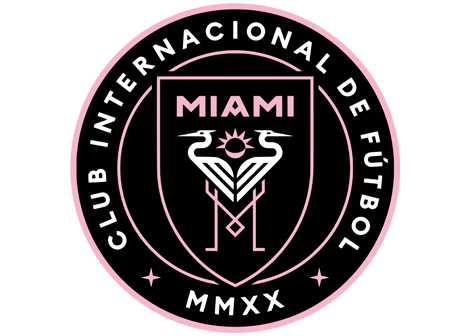
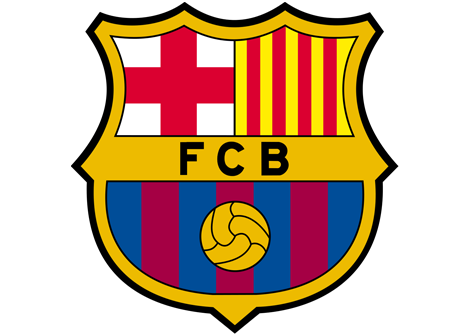
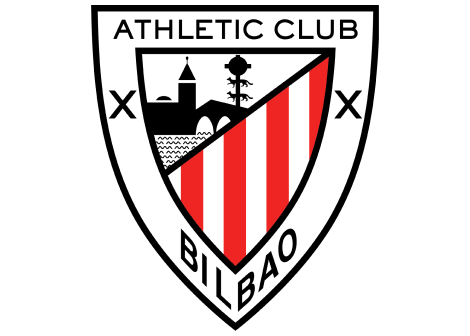
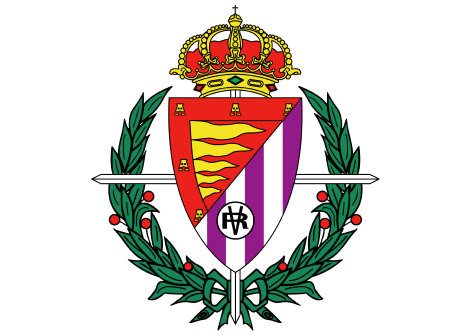
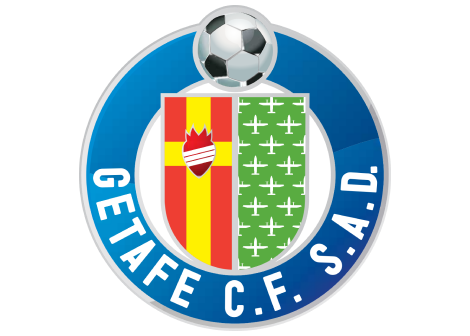
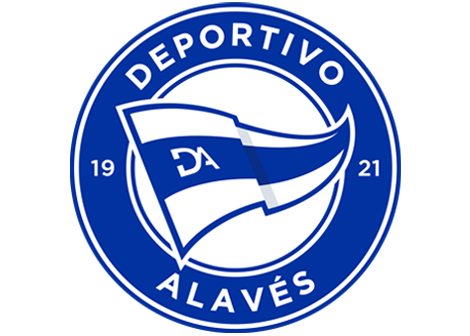
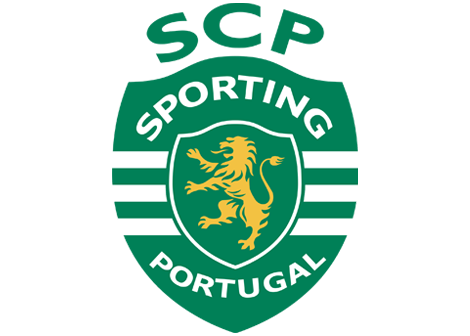
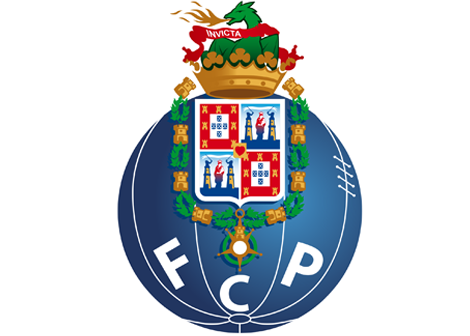
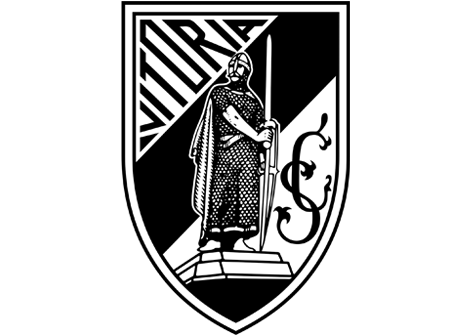
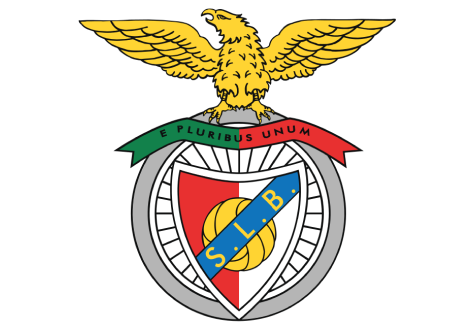
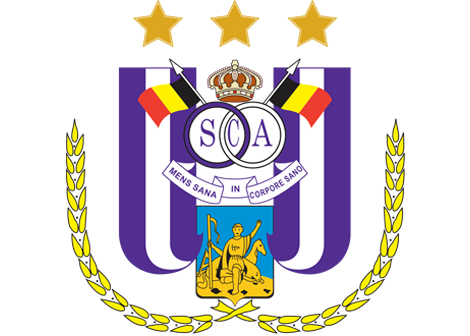
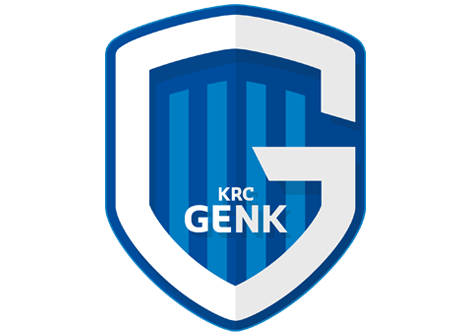
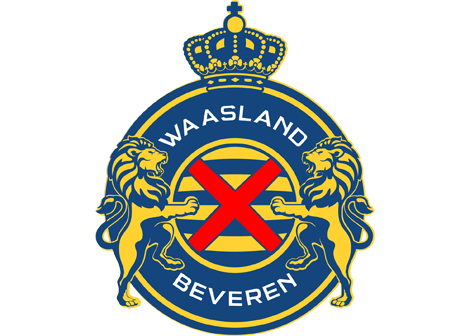
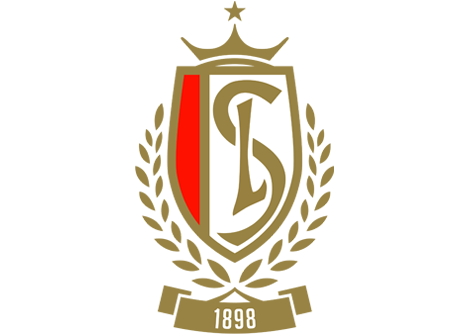
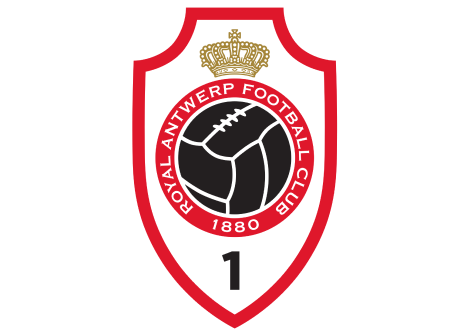
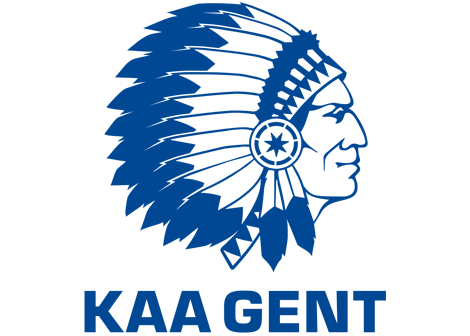
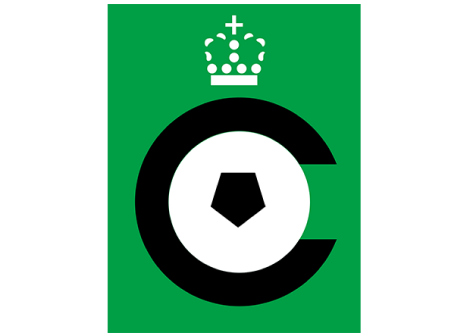
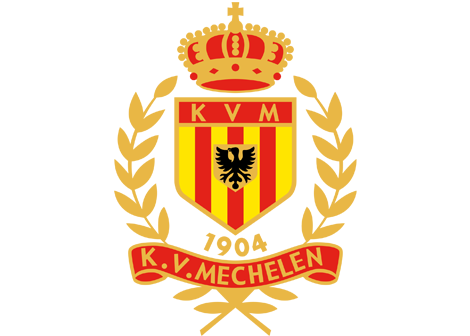
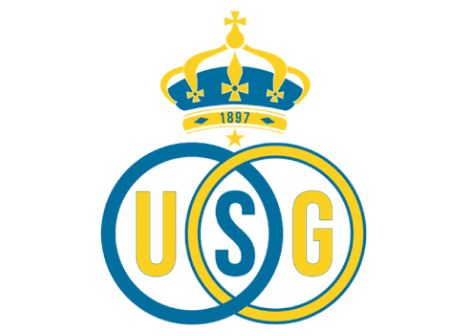
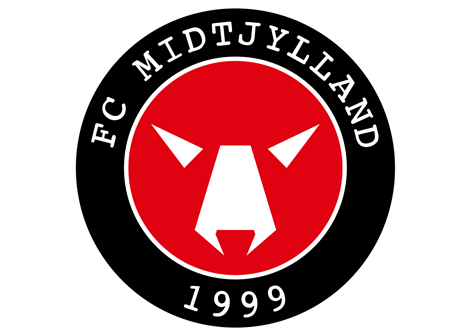
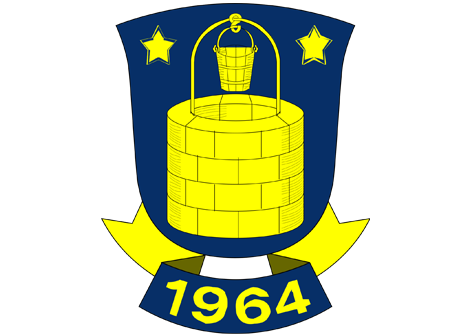
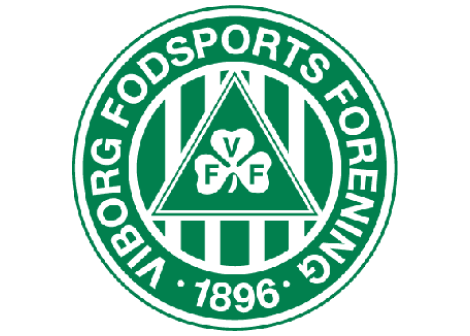
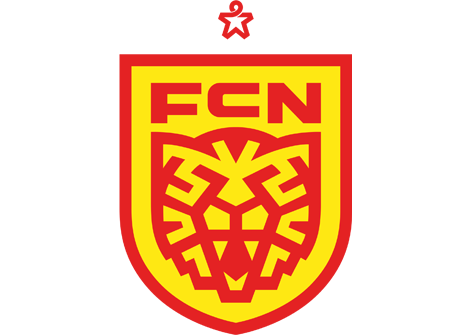
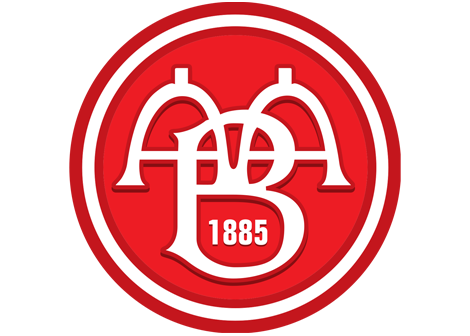
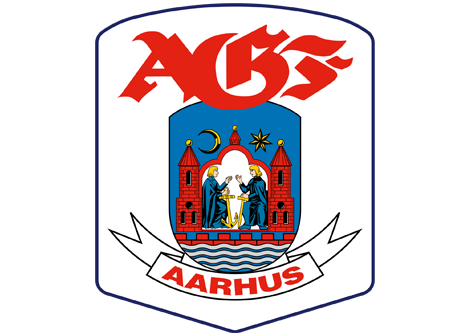
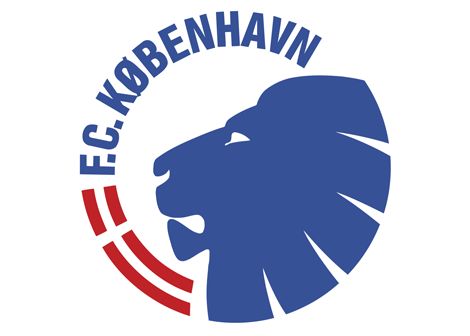
/SWEDEN/Malm%C3%B6%20FF.png)
